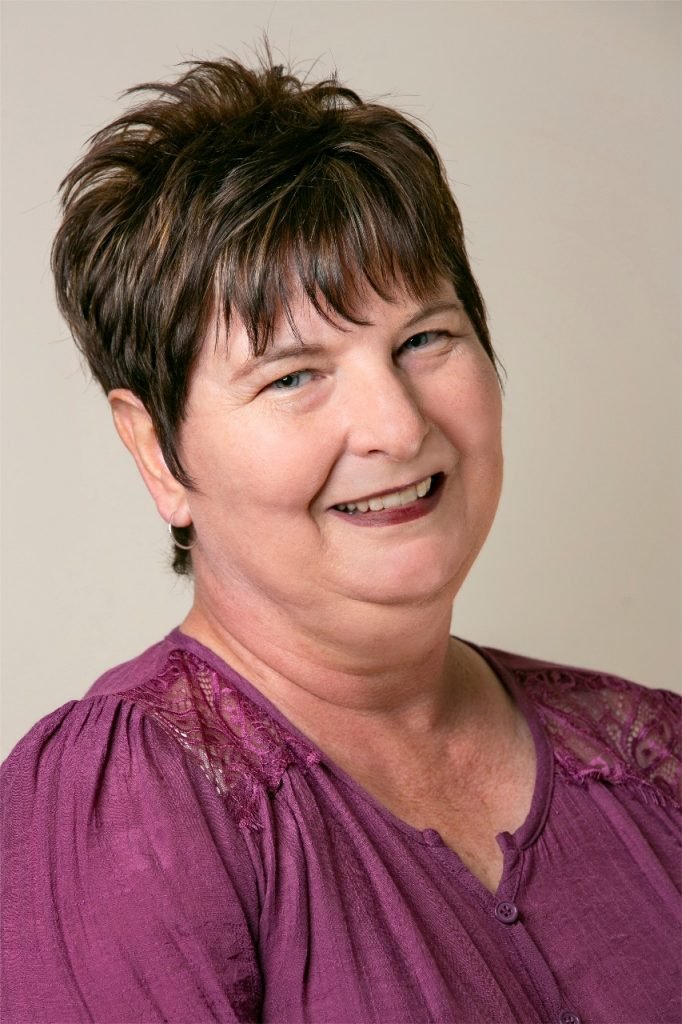MEET DR. GRETHA HEYMANS
Dr. Gretha offers help to people struggling with a variety of issues, including depression, stress or crises of faith, sexual abuse, marriage and family problems, and a variety of other problems.
Who is Dr Gretha Heymans?
Dr. Heymans had been a pastor in a congregation. She is currently a part-time minister in the Dutch Reformed Church and full-time pastoral therapist. Due to years of ministry she has experience in pastoral counselling and therapy, and she is a skilled and experienced counsellor. You can be assured that she offers an environment of security, care and compassion. She is very motivated to view your difficulties from a different angle and suggest strategies for change in how to help you to reach your full potential and be a more fulfilled person.
Dr. Gretha offers help to people struggling with a variety of issues, including depression, stress or crises of faith, sexual abuse, marriage and family problems, and a variety of other problems.
“I want you to live the best life that you can. Therefore my starting point is: “I came that you might have life and abundance” (John 10:10). Christ came so that you could have an abundant life, and I want to help. You shouldn’t be satisfied with anything less than exactly that.”
When do you need therapy?
Feeling trapped, overwhelmed, lost in your circumstances? Are you unsure and don’t know where your life is going? Has life lost its meaning? You do not know how to get rid of an overwhelming feeling or lost your passion for life? A Pastoral Therapist can help. More and more people visit pastoral counsellors to understand themselves better and to “discover” growth and not to be “victims” that are constantly complaining about their problems and brood on it. Your problems do not have to control you. You can take charge of your problems.
You might argue that you do not need therapy; maybe you discuss your problems with your friends. Remember friends do not listen objectively to you. An expert outsider is needed to objectively listen to you and can help you get a new perspective on your life. You will probably not feel comfortable sharing your real feelings with your friends.
Anyone can benefit from counselling even if you are just confused or sad. You’re not a weakling if you are willing to talk about painful experiences, emotions or memories, and sometimes to change your behaviour and to heal.
You will know if the time is ripe for an appointment. Listen to yourself and watch your behaviour. Any major modification or traumatic event may disturb your balance.
It is not easy to admit you need help, and to take that step to go seek help, but the fact that you are on this site is a first step to seek help. Get help earlier rather than later.
What can you expect?
A therapist not only advises but guides you to come to self-understanding through asking “right” questions. It helps you to come to insight in your problems. The course of sessions depends on the problem and your needs.
The methods that are used include visualization therapy. Methods are used where the person is immediately confronted, through visualization, with feelings he/she had during a certain event (positive or negative) and re-experience it. The advantage is that the person replaces the old negative images with positive new images and then live life from the new images. Besides being very effective for traumatic events, visualization can also be used effectively for reasons e.g. for studies, weight loss, goal attainment, etc.
The pastoral narrative method is to directly or indirectly bring a person’s own life story in connection again with God’s great story of his/her life.
Geneagrams are also used where a person’s family history is looked at. Dr. Heymans also makes use of rational-emotive therapy, where one looks at particular thought processes that determine emotions, experienced with a specific event, and how the thinking process can be changed. She also uses CD’s, questionnaires, and internationally recognised techniques.
After each session, questions are identified that clients need to think about and should give feedback at the next session. Homework is also given to settle changes that were made.

